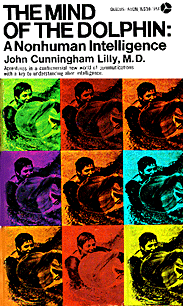|
Library of Congress CCN 67-10417 CHAPTER 07 |
Man lives not by bread and by facts alone.
In the American tradition, one rushes to the end of a research project
digging up all of the basic facts needed to apply the results practically
to some technological advances. This seems to be the major basis for
scientitic research in America today: a practical result. Our development
of space travel, our development of nuclear energy, our development
of the potential of treatmg human illnesses are examples of this kind
of human pursuit. The basic science upon which each of these activities
is thoroughly grounded was done many years ago. The basic discoveries
behind each of these areas now being applied were made in the past.
Tbe lag time of the practicality behind the basic research is said to
be shortening. A modern physicist makes a discovery about certain basic
particles; it is applied in the construction of nuclear bombs, with
a lag of ten years or so. A biologist makes a basic discovery about
biology, then it is applied in the pursuit of cures for human diseases,
with about a ten-year or more lag. In the space program, the technological
advances built upon, for instance, Goddard's basic research on rockets,
seem mainly to have made the rockets larger but operating on his basic
principles. Since the pioneering basic research was done in each of these fields, a good deal of technological development has been done, and thus we can now use the fruits of this work in the production programs. These production programs are built on "bread" and facts. Without the "bread" rewards, there would not be the hundreds of thousands of workers needed to produce the practical results. Without the hard facts, the program would not exist. Since these are the activities which (in addition to tbe defense budget) support the industrv of the United States and of the Soviet Union at the present time. Let us ask some basic questions. |





